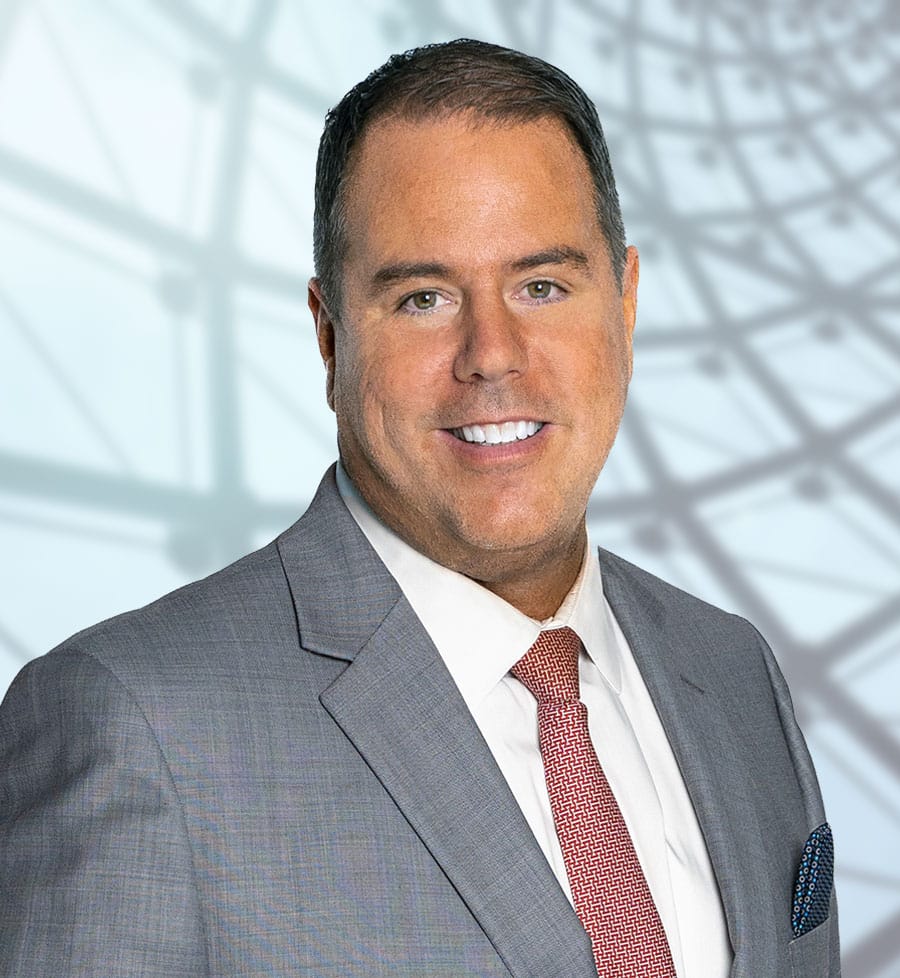
A Look at the Importance of Estimating and Generating Income for Retirement Plans.
Where do I start? You may understand the importance of planning for your retirement. But where do you begin? One of your first steps should be to estimate how much income you’ll need to fund your retirement. Since retirement planning is not an exact science, that can be a complicated process. However, by doing a little homework and seeking help from a Financial Advisor, you could be well on your way to a comfortable retirement.
Use your current income as a starting point
It’s common to discuss desired annual retirement income as a percentage of your current income, which usually falls anywhere from 60% to 90% or even more.
The problem with this approach is that it doesn’t account for your specific situation. If you intend to travel extensively in retirement, for example, you might easily need 100% or more of your current income to get by. That’s why it’s worth going through all of your current expenses in detail and really think about how those expenses might change during retirement.
Project your retirement expenses
Your annual income during retirement should be enough to meet your retirement expenses. However, you may have difficulty identifying all your expenses. Especially if retirement is still far off.
To help you get started, consider these common retirement expenses:
- Food and clothing
- Housing: Rent or mortgage payments, property taxes, homeowners’ insurance, property upkeep and repairs
- Utilities: Gas, electric, water, telephone, cable
- Transportation: Car payments, auto insurance, gas, maintenance and repairs, public transportation
- Insurance: Medical, dental, life, disability, long-term care
- Healthcare costs not covered by insurance: Deductibles, copayments, prescription drugs, etc.
- Taxes: Federal and state income tax, capital gains tax
- Debts: Personal loans, business loans, credit card payments
- Education: Children’s or grandchildren’s college expenses
- Gifts: Charitable and personal
- Savings and investments: Contributions to annuities and investment accounts
- Recreation: Travel, dining out, hobbies, leisure activities
- Care for yourself, your parents or others: Costs for a nursing home, home health aide or other type of assisted living
- Miscellaneous: Personal grooming, pets, club memberships
It is important to remember that the cost of living may go up over time, and retirement expenses may change from year to year. Other expenses, such as healthcare and insurance, may increase as you age. Therefore, it might be a good idea to use estimates with a cushion factored in. Protect against these variables by building a comfortable cushion into your estimates and consider contacting a financial professional who can help ensure your calculations are as accurate and realistic as possible.
Decide when you’ll retire
The longer your retirement, the more years of income you’ll need to fund it. Maybe a booming stock market or generous early retirement package may make retirement at age 50 an option. However, it’s important to remember that retiring at 50 will cost you a lot more than retiring at 65.
Estimate your life expectancy
The age at which you retire isn’t the only variable that determines how long your retirement years will last. The other important factor is your life expectancy which takes into account your age, gender, race, health, occupation, and family history. When it comes to retirement planning, a longer life means even more years of retirement to fund. You could run the risk of outliving your savings and other income sources. There’s no way to predict how long you’ll actually live, but it’s probably best to assume you’ll live longer than you expect with life expectancies on the rise.
Identify your sources of retirement income
Once you have an idea of your retirement income needs, your next step is to assess the sources of retirement income that will be available to you. There are several vehicles that may be available to you when you retire:
- Pension from a previous employer
- 401k or other retirement plan at work
- Social Security (visit SSA.gov) for estimating your benefits
- IRA’s
- Annuities
- Part Time Work
- Rental Income
- Royalties from land or business ownership
Make up any income shortfall
If you’re well-prepared, your expected income sources will be more than enough to fund even a lengthy retirement.
A financial advisor can help you figure out the best ways to approach this, but here are a few suggestions:
- Try cutting current expenses so you can save more for retirement.
- Shift your assets to investments that have the potential to outpace inflation (but keep in mind that investments with higher potential returns may involve greater risk of loss).
- Modify your expectations or goals in retirement so that you may not need as much money.
- Work part time during retirement for extra income.
- Consider delaying your retirement for a few years.
Want to connect? Call me at: 203.731.6139 or email:
vincent.camarota@raymondjames.com
Disclaimer
Certified Financial Planner Board of Standards Inc. owns the certification marks CFP®, CERTIFIED FINANCIAL PLANNER™, CFP® (with plaque design) and CFP® (with flame design) in the U.S., which it awards to individuals who successfully complete CFP Board’s initial and ongoing certification requirements.
Raymond James financial advisors may only conduct business with residents of the states and/or jurisdictions for which they are properly registered. Therefore, a response to a request for information may be delayed. Please note that not all of the investments and services mentioned are available in every state. Investors outside of the United States are subject to securities and tax regulations within their applicable jurisdictions that are not addressed on this site. Contact your local Raymond James office for information and availability.
Links are being provided for information purposes only. Raymond James is not affiliated with and does not endorse, authorize, or sponsor any of the listed websites or their respective sponsors. Raymond James is not responsible for the content of any website or the collection or use of information regarding any website’s users and/or members.
Securities offered through Raymond James Financial Services Inc. (Member FINRA/SIPC), marketed as The Wealth Group Financial Advisors and are not insured by any bank insurance, the FDIC or any other government agency, are not deposits or obligations of the bank are not guaranteed by the bank, and are subject to risks, including the possible loss of principal. Investment advisory services offered through Raymond James Financial Services Advisors, Inc. The Wealth Group and The Wealth Group Financial Advisors are separately owned and operated and not independently registered as broker-dealers or investment advisers.
Raymond James Registered Branch Address:
126 North St.
Danbury, CT 06810
203-830-2009
FINRA Broker Check
Raymond James Privacy Notice
Legal Disclosures | Raymond James



